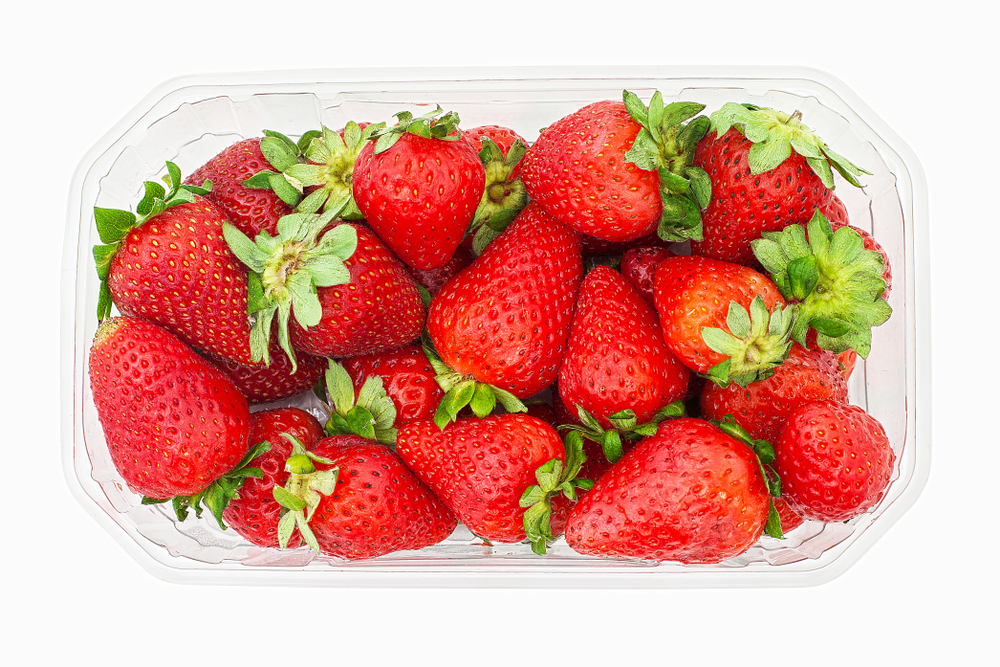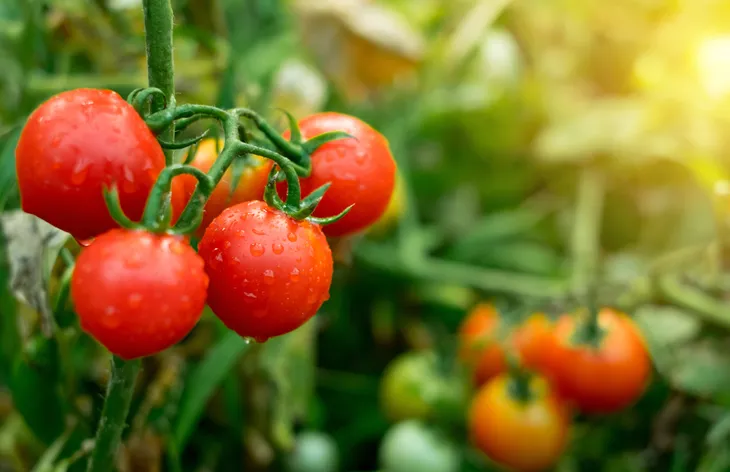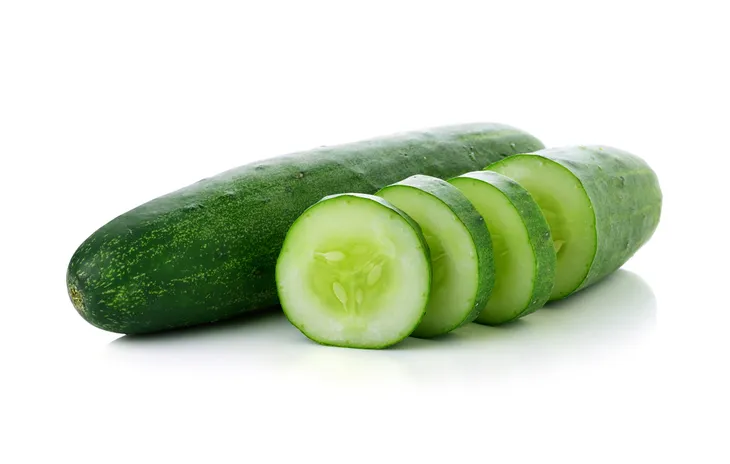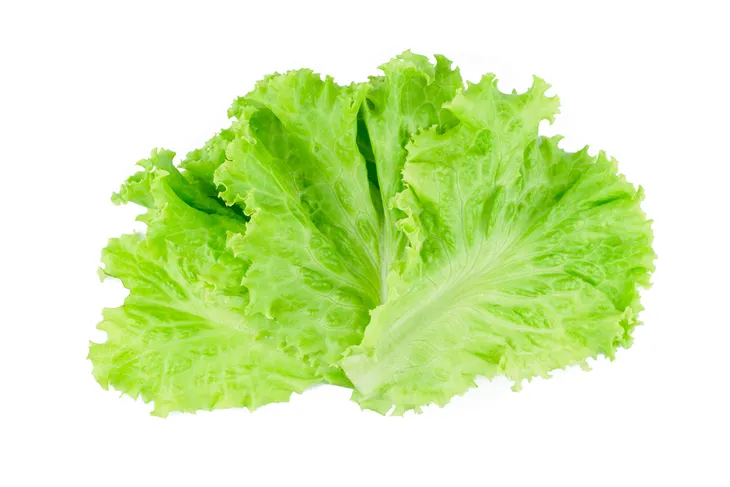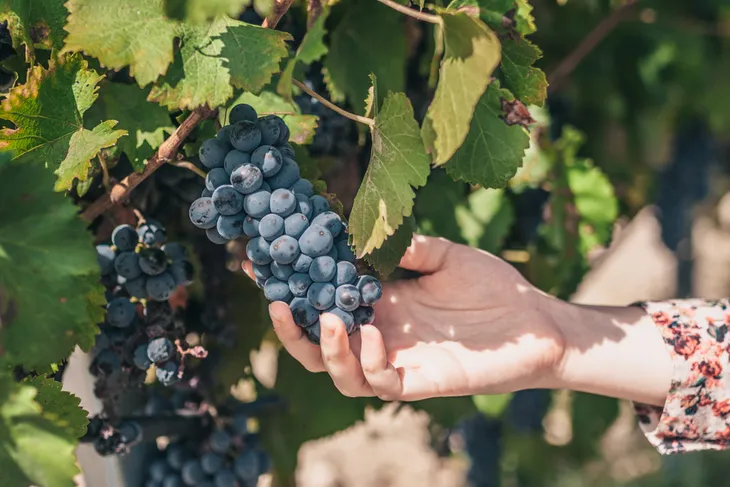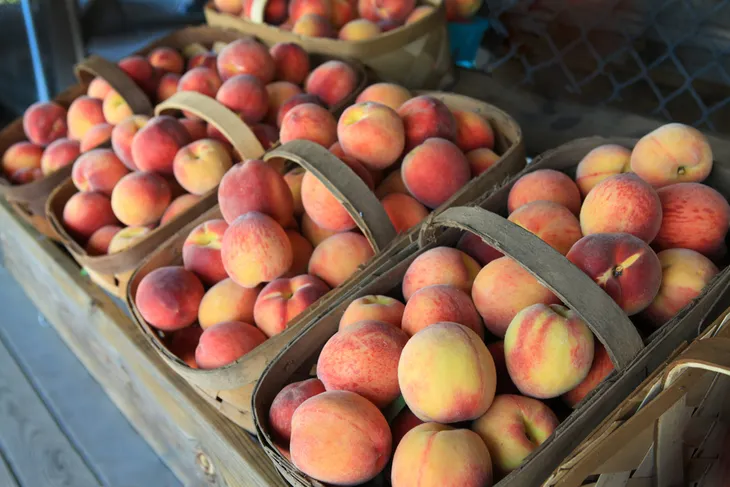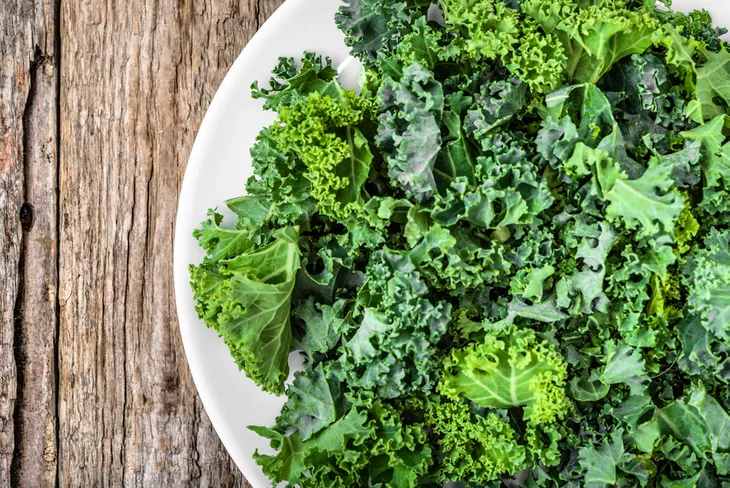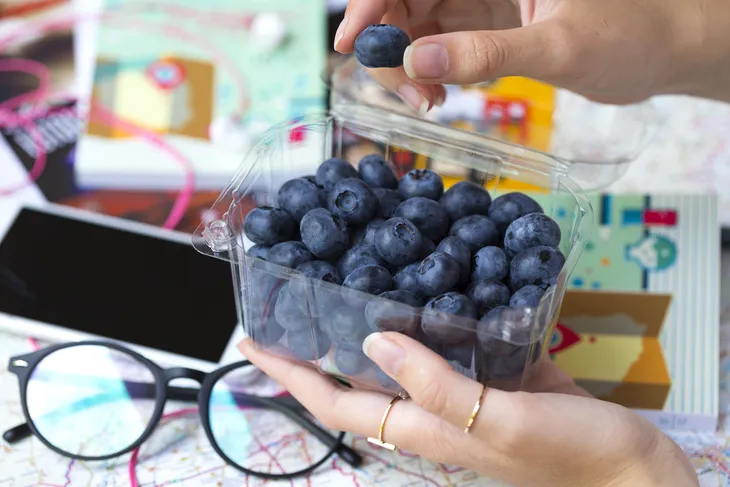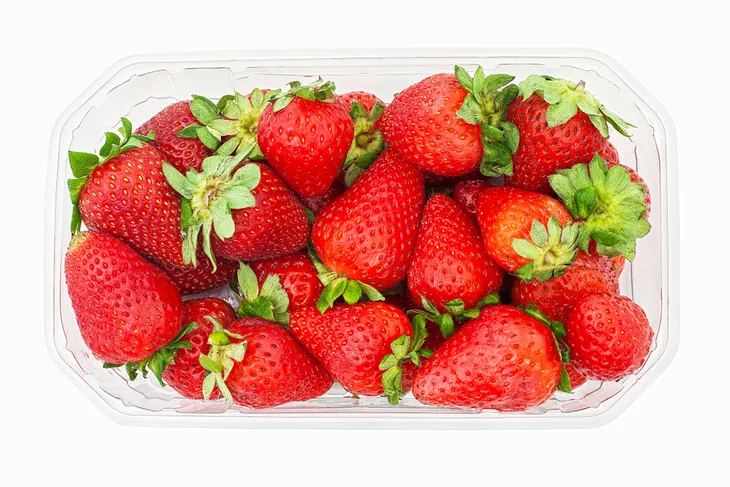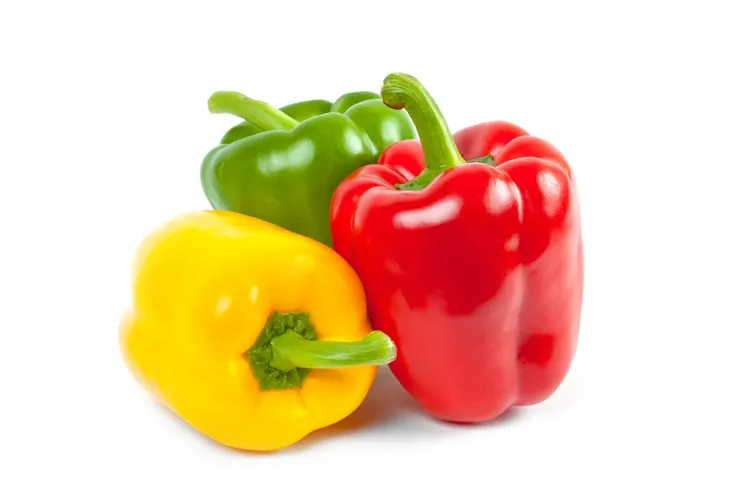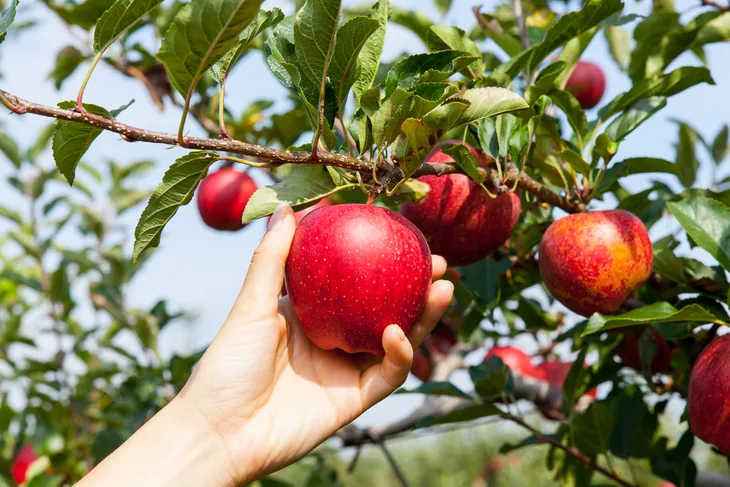It seems that we can’t get away from harmful pesticides in our foods. Sure, you can wash, use a store-bought wash, scrub, and peel, but if you don’t buy organic or grow your own produce, you risk ingesting the types of chemicals that have been linked by leading agricultural organizations—like the US Department of Agriculture, the Environmental Working Group, the Pesticide Action Network, and the Organic Trade Association—to several autoimmune disorders, mental and physical impairments, and even various types of cancer.
In fact, the most recent studies list the following 10 fruits and vegetables among the highest in terms of pesticides (in no particular order)…
Cherry Tomatoes
Tomatoes, particularly of the mini cherry tomato variety, have received a ton of bad press about pesticide residue. However, the fact that they come packaged in a plastic clamshell container often causes consumers to believe they arrive at the grocery store already cleansed—not true! Cherry tomatoes are among the highest pesticide-containing foods unless you grow your own crop; buy from an organic-certified farmer, or an organic-certified grocery store.
Cucumbers
This watery veggie is considered among the most plagued with pesticides. In fact, cucumbers can carry as many as 35 various pesticides that go into your salads and onto your sandwiches if you don’t remove the skin, which can reduce pesticide consumption of the skin when it’s time for salad-making. Peeling the skin off may reduce your chances of ingesting some of them.
Lettuce
Like spinach, arugula, and chard, most leafy greens are pesticide-carrying culprits. However, lettuce is considered one potherb that often carries more than 50 different pesticides at any given time. Scary, considering that lettuce is most used daily in salads and as a staple sandwich topper.
Imported Grapes
Imported produce almost always contains pesticides unless it’s specified organic. However, grapes are one fruit that’s almost always imported, year round, due to lack of perennial growth conditions in many parts of North America. However, imported grapes typically contain residue from up to 30 various pesticides—including those raisins used in cereals and granola bars, and those used to make wine.
Peaches
Peaches are one tree fruit that is rife for lingering pesticides. Consider the fuzzy skin as prime hiding territory for roughly 60 pesticides at one time. This is why it’s important to wash peaches thoroughly before eating and even peel them. However, even peeled and (non organic) canned peaches have been found to contain traces of pesticides.
Kale
Kale typically gets attention as a superfood. However, to protect this hearty veggie from pests and rot plenty of pesticides are used, which linger as pesticide residue on these dark leafy stalks. Luckily, kale is pretty easy to grow on your own or find for sale organically.
Blueberries
Blueberries have a bad rap as pesticide-ridden foods. And studies confirm that over 50 pesticides are regularly used to protect these beautiful blueberries from pests and disease on non-organic farms. So buy organic whenever you can or purchase frozen in wintertime—testing for pesticides shows less residue on bagged and frozen blues.
Strawberries
Like blueberries, strawberries constantly get the blame for containing pesticide residue. Growers spray them to guard against a rampant fungus. Sadly, the residue often stays intact, waiting for you to bring it home on store-bought berries. Like with blues, buy strawberries organic when you can and frozen in off-season for fewer levels of pesticide residue.
Sweet Bell Peppers
Regardless of if you pack your peppers raw, cooked, or pickled, the sweet bell variety in colorful yellows, greens, oranges, purples, and reds might look vibrant in your salad or stir fry, but they can contain residue from over 50 different pesticides.
Apples
Apples consistently get flack for containing traces of approximately 40 different pesticides—and not just on the outside. Growers spray orchards to protect them from several types of insects and fungi. However, that residue can transfer to apple products, like applesauce, fruit juices, and dried snacks, which is why it’s wise to buy organic if you don’t want to peel away the most nutritious part of the fruit (the outer peel).
